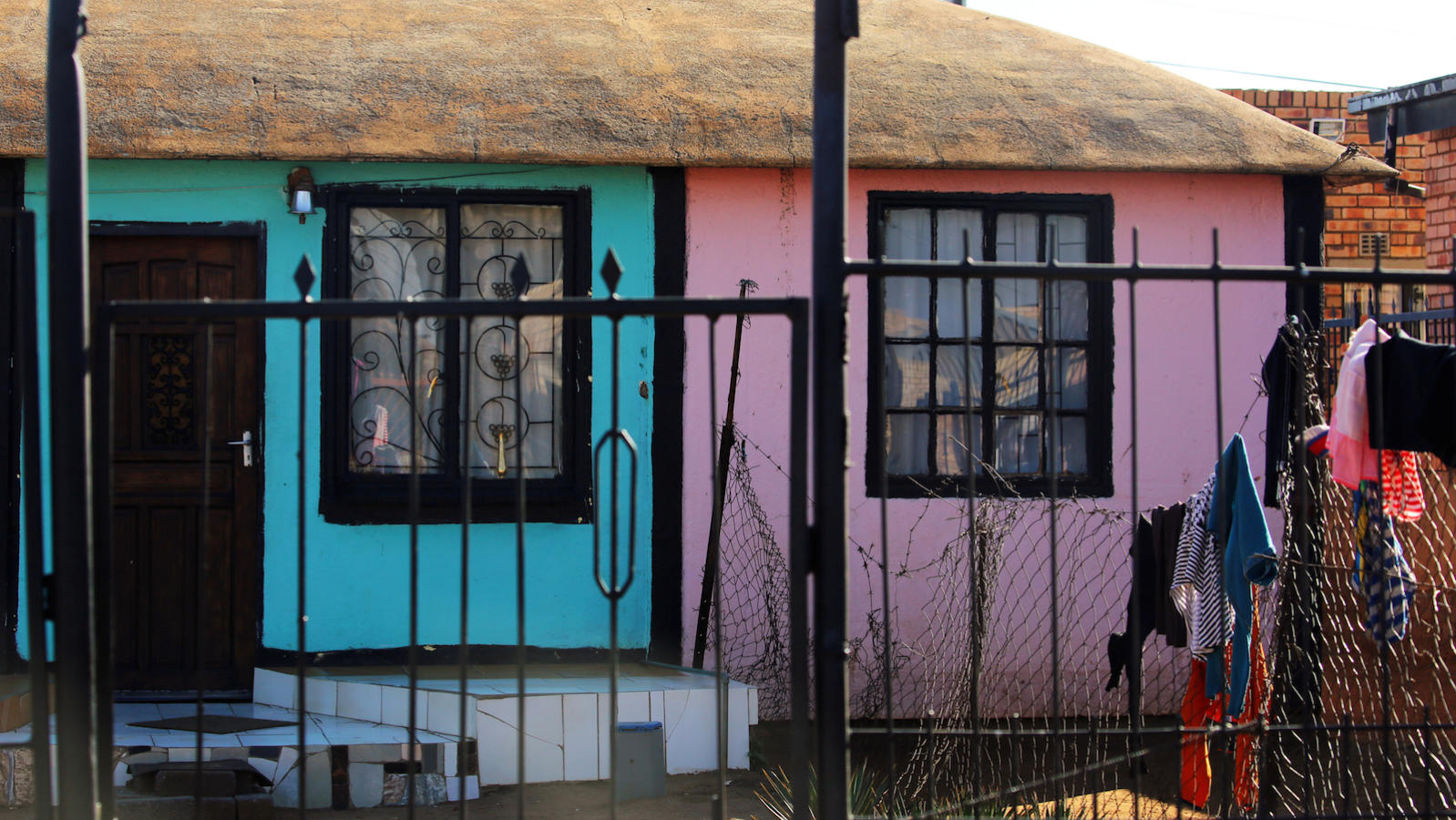Commentary on Parashat Shoftim, Deuteronomy 16:18-21:9
I bought a new home recently. A major acquisition such as this has caused me to reflect on the meaning of having a home.
Two summers ago, visiting South Africa, I spent time in Soweto, the sprawling black city outside of Johannesburg. I visited with families in makeshift tin shacks with dirt floors and no electricity or running water. The South African government has been building new homes at a great pace, but it lags far behind the need. Families will wait years to receive a new home.
What struck me more than anything was the size of these new homes being built. They are row after row of dark, tightly packed one- or two-bedroom homes, which often house several families. The South African dream of homeownership was a shadow of the most humble home in which I’ve ever lived.
How can someone possess so nice a home when so many in the world settle for so much less? And how can the citizens of Soweto feel any satisfaction from the tiny homes they will acquire one day?
With your help, My Jewish Learning can provide endless opportunities for learning, connection and discovery.
This week’s Torah portion, Shoftim teaches the prohibition of hasagat gevul, encroaching on a neighbor’s land.
“You shall not move your countrymen’s landmarks set up by previous generations in the property that will be allotted to you in the land that the Lord your God is giving you to possess.”
Rashi, the 11th-century French master commentator, says regarding this:
“This prohibition occurs when a person moves his boundary marker into his neighbor’s property in order to broaden his own territory.”
Rashi goes on to explain that such behavior is also a violation of the basic prohibition against theft. Other commentators explain that even moving the marker a finger’s breadth violates this prohibition.
Ramban (a 13th-century Spanish commentator) explains the psychology behind this prohibition.
“A person should not think, ‘My property which I have been given is less than that of my neighbor’s.'”
Ramban implies that by itself, the mental attitude of feeling that your property is inferior to your neighbors violates this prohibition, even before a person has actually moved their boundary markers.
The Talmud records a discussion that takes a similar perspective on the “boundaries” between businesses (Baba Bathra 21B):
Rabbi Huna: If a resident of an alley sets up a hand mill and another resident of the alley wants to set up one next to him, the first has the right to stop him, because he can say to him, “You are interfering with my livelihood.”
Rabbi Huna ben Joshua said: It is quite clear to me that the resident of one town can [only] prevent the resident of another town from establishing a competing outlet in his town . . . only if [the latter person does not] pay taxes to that town, and that the resident of an alley can not prevent another resident of the same alley from establishing a competing outlet in his alley.”
Rabbi Huna is interested also in protecting boundaries and warning a business owner of encroaching on the territory of another. The Talmud sides with the less restrictive opinion of Rabbi Huna ben Joshua. However, many later authorities argue that in cases of ruinous competition, the law is like the more protective opinion of Rabbi Huna.
These different texts present two fundamental Jewish principles on owning a home and property. Expanding your territory can not come at the expense of another. Yet these texts also seem to respect and even honor an individual’s right to have a home.
The prophet Micah goes even further. Having one’s own place is the greatest of blessings. In describing his vision for the utopian end of days, Micah proclaims:
And they shall beat their swords into plow-shares, and their spears into pruning hooks. Nations shall not take up sword against nations; they shall never again know war; but every man shall sit under his grapevine or fig tree with no one to disturb him.
Essential to creating this redeemed world, argues Micah, is each person having their own grapevine or fig tree. Utopia is not the anarchists’ dream of property-less society. Rather it is a world in which each person has their own special place where they cannot be disturbed.
Perhaps on a deeper level, Micah is teaching something else also. In an unredeemed world, there are still opportunities for tasting what that better world can one day be. Having one’s own home is such a taste of redemption. The more a person’s home protects them from the disturbances of the outside world, the greater the taste.
Micah tells us that my home and the humblest of new homes being built in Soweto both provide the taste of that redemption. However, for me, the dissonance between the world inside my home and the world without is so much greater. For all of us for whom this is true, the obligation to work for that redeemed world, with the blessings of safety and home for all, is also much greater.
The beauty of your new home, teaches the prophet Micah, must not only give you the comfort you deserve; it also must compel you to go back out into the world and see that all of its inhabitants can one day share this joy under their own grapevine and fig tree.
Provided by SocialAction.com, an online Jewish magazine dedicated to pursuing justice, building community, and repairing the world.
Talmud
Pronounced: TALL-mud, Origin: Hebrew, the set of teachings and commentaries on the Torah that form the basis for Jewish law. Comprised of the Mishnah and the Gemara, it contains the opinions of thousands of rabbis from different periods in Jewish history.
Torah
Pronunced: TORE-uh, Origin: Hebrew, the Five Books of Moses.



